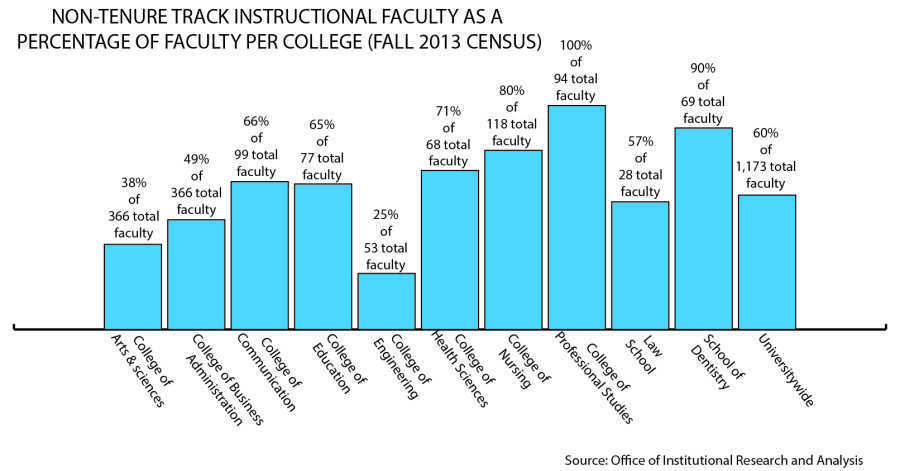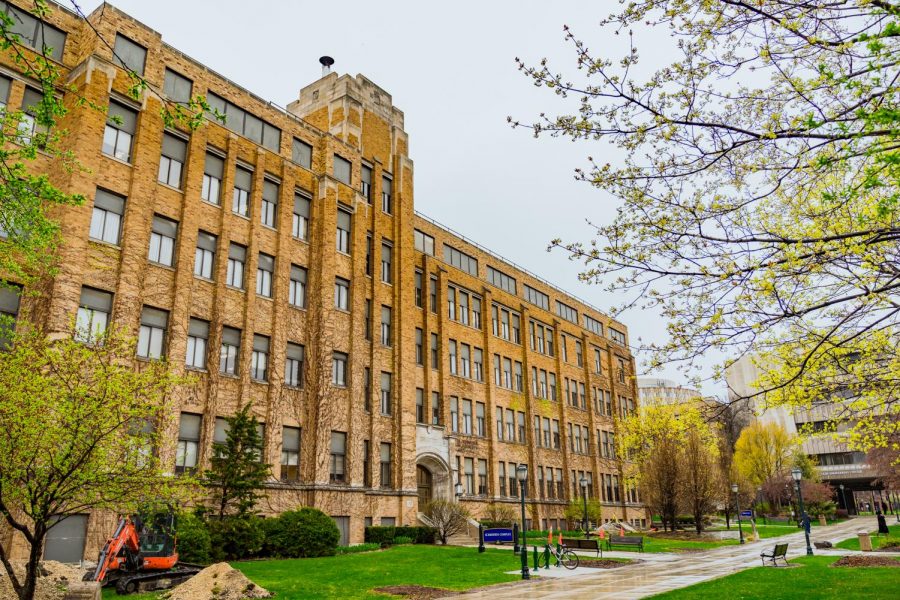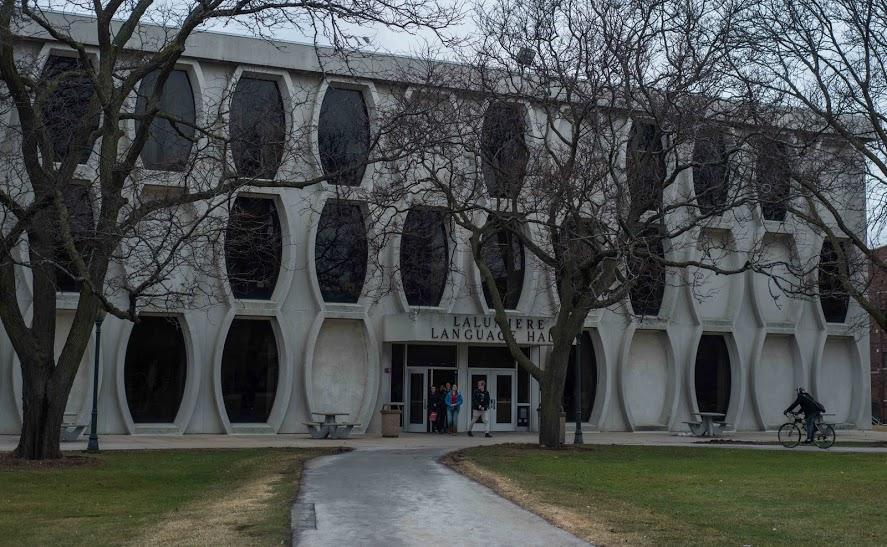
Academia and higher-level education must change its accessibility to others and how it chooses to promote student learning.
College enrollment rates have been on the decline, declining by an average of 1.67% per year since 2010. During the COVID-19 pandemic, enrollment rates dropped even further. Enrollment fell by 4.5% for the spring 2021 semester and 4.4% for the fall 2020 semester.
While college enrollment rates are higher than what they were half a century ago, higher education has still not managed to be fully inclusive. One of the biggest barriers preventing higher enrollment numbers are the astronomical costs, which have risen by 144% over the the past 20 years. The average cost of a for a student living on campus at a four-year university is $25,864 a year, and at a private four-year private university, a student pays an average of $53,949 a year. Twenty years ago, the price of college at a four-year university was half of this, at around $12,300 per year. Marquette tuition and fees for the 2021-2022 school year totals nearly $60,000.
The costs of college have become equivalent to annually buying a car or putting a down payment on a house, and young adults who seek higher education are expected to just simply nod and accept this reality. Average student loan debt has exceeded $30,000, and individuals often continue to have student loan debt well into their adulthood, the average person taking 18.5 years to pay of their loans, starting at age 26 and ending at age 45.
It is no surprise that some people are choosing to opt out of college and are calling academia a sham. The brute American capitalist force that turns every aspect of life into a for-profit business has already had its way with higher education, operating like a business, instead of an institution dedicated to the knowledge and learning of students. Contemporary language surrounding higher education proves this to be true. College is referred to as investment, a sort of temporary penance that is required if one hopes to make a livable wage in the future, as college graduates make about $17,500 more annually than non-college graduates, as of 2013.
Rarely is academia largely regarded as a pursuit for information, exclusively dedicated to what its name suggests: academics — learning to be pursued for its own sake, not in order to achieve any sort of higher means. Yet, this idea is often seen as something that can only be achieved by the economically privileged and in higher education’s current method of operation, that is the truth. People cannot pursue learning for leisure and personal fulfillment when the thought of paying thousands of dollars is looming over their head.
Due to the fact that classes have been online this year, people are contemplating the value of college, as learning is often done best in an in-person, interactive environment. Many people feel themselves academically slipping through the cracks and becoming burned out due to online learning.
Seniors in high school who lost a year and and a half of in-person learning may not have been adequately educated to move on to college-level academics and institutions must be sympathetic and aware of this.
Academia must reform itself in order to maintain the integrity of deeper learning. Nationally, the United States should follow in the suit of other nations like Norway and Finland, and make public college education free, funded through a Wall Street tax. This would help ensure that knowledge is extended to people of all socioeconomic means and that it exists to simply help people grow intellectually and prepare people for the skills needed to perform life’s essential occupations.
Institutions, including Marquette, must do their part to maintain the welfare of the student body, whether this is through giving students financial breaks, increasing scholarships or dimming the cutthroat environment that characterizes a higher education so interwoven with a capitalist system.
Higher education must uphold the idea that research, education and the pursuit of knowledge are important, beautiful things, and an essential component to life which should be achievable by all people. If higher education does not transition its goal, it will be yet another virtue unjustly sacrificed on the altar of a market-driven society.
This story was written by Lucia Ruffolo. She can be reached at lucia.ruffolo@marquette.edu








